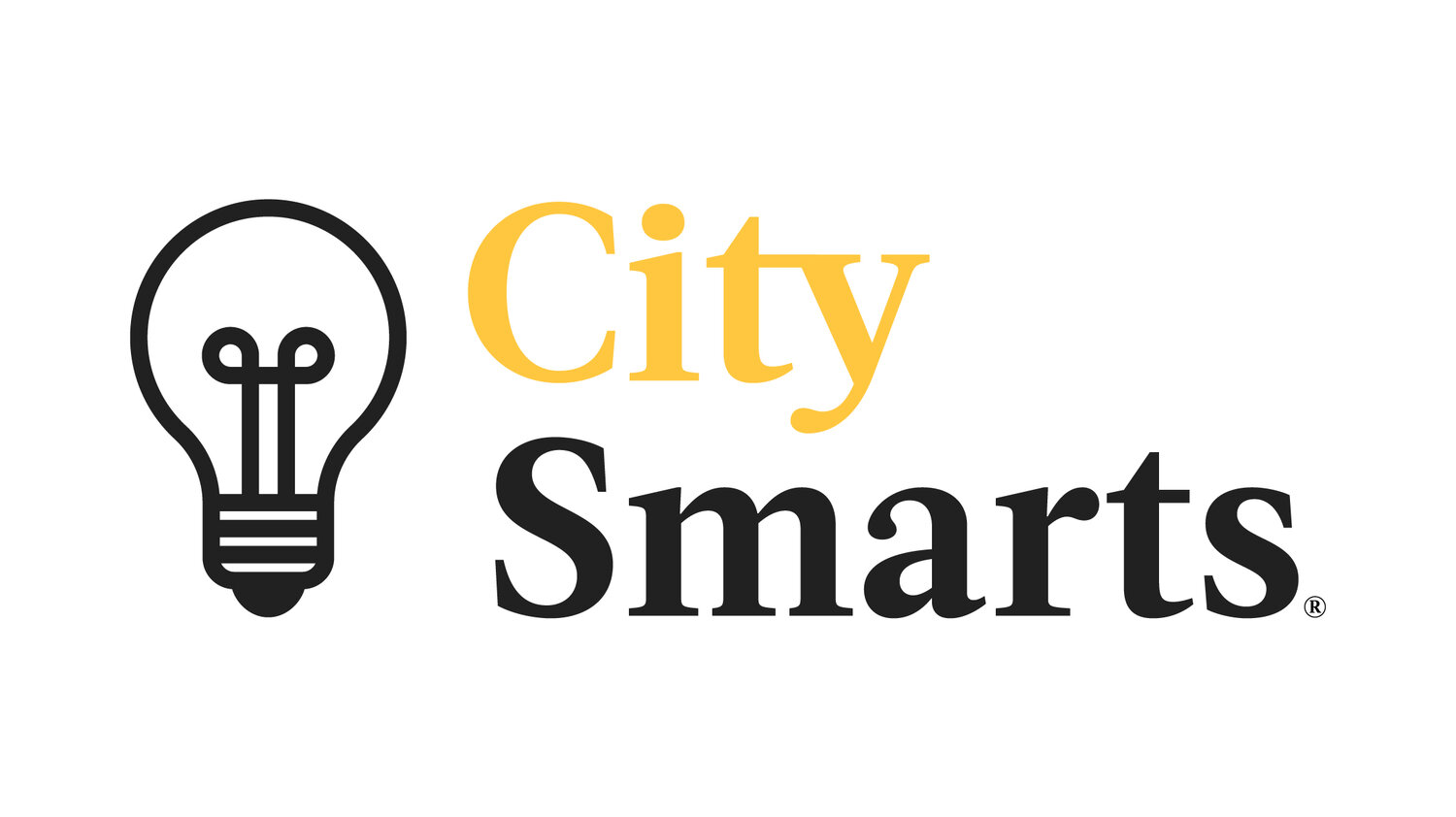Tuesdays: 4 - 5 PM
Instructor: Kevin McKeown
Course Description:
As people of the modern world, it is easy for us to think about mythology as nothing more than the fantastical attempts by ancient people who lacked science to describe the world, or as stories exaggerating the adventures and deeds of their ancestors. But viewing mythology with this modern, critical lens overlooks the most important part of myths: they are stories, created to entertain, or to teach. Myths and legends are the ancestors of our novels, movies, TV shows, comic books, and even video games.
In this course, we will explore ancient mythology, and analyze it like we would any other piece of literature or media we encounter in our everyday lives. Students will learn how to engage with stories, ancient and modern, through their narrative elements, and build skills to analyze stories from different eras through archetypes and tropes. The ultimate goal will be for each student to find a modern “myth” to analyze and relate to the ancient myths we will read during the course.
Course Objectives:
Familiarize students with the mythological world of Ancient Greece and Rome through reading excerpts from the works of classical authors such as Homer, Hesiod, Aeschylus, and Ovid.
To build a vocabulary of literary elements, archetypes, and tropes through which students can analyze, compare, and contrast the stories of the ancient and modern world.
Teach students how to explore the goals of different myths and stories: Do they entertain? Do they explain? Provide a moral, or lesson?
Explore how the perspective of different authors or treatments of the same story (or type of story) can change our experience as readers or spectators. Are heroes always heroes, and villains always villains?
Materials:
All assigned materials will be provided, including the texts, informational and historical documents, and instructional materials. Students will be expected to read the relevant texts and background documents before each class, where they will then be asked to engage with the readings alongside new materials. Students will receive each week’s readings at the end of the prior week’s class.
Course Readings will be based on the following sources:
Hesiod’s Theogony and Works and Days
Homeric Hymns
Ovid’s Metamorphoses
Apollodorus’ Library and Argonautica
Robert Grave’s The Greek Myths
Course Policies
If a student misses one of the course dates, they can reach out to me directly to catch up on what they missed, and to access the necessary materials.
Students are expected to be respectful of each other during class discussions.
Course Schedule
Week 1: Introductions to the World of Mythology, and to the Basic Literary Elements
MYTHS:
The Later Olympians:
Artemis and Apollo
Hermes
Dionysus
-Introduction to Central Literary Elements:
Character
Plot/Conflict
Setting
Theme
Point of View
Tone
-Introduction to Myth categories, Archetypes, Tropes
Week 2: Myths about the Early Days of Human Civilization
MYTHS:
Prometheus, the Creation of Humans and the Gift of Fire
Pandora and her box
Deucalion and the Flood
The Descendants of Deucalion
LITERARY ELEMENTS OF FOCUS:
Types of Characters
Types of Conflicts
Week 3: Cultural and Foundational Myths
MYTHS:
Demeter, Persephone, and the Eleusinian Mysteries
Apollo and Delphi
Cadmus and Thebes
LITERARY ELEMENTS OF FOCUS:
Setting
Theme
Week 4: Heroics: Monsters, Challenges, and Magical Prizes
MYTHS:
Zeus and Typhon
Hercules
Jason and the Argonauts
Perseus
LITERARY ELEMENTS OF FOCUS:
Point of View
Tone
Week 5: Love and Tragedy
MYTHS:
Echo and Narcissus
Daedalus and Icarus
Orpheus and Eurydice
Jason and Medea
LITERARY COMPARISONS:
Different Treatments of Myths and Tropes




